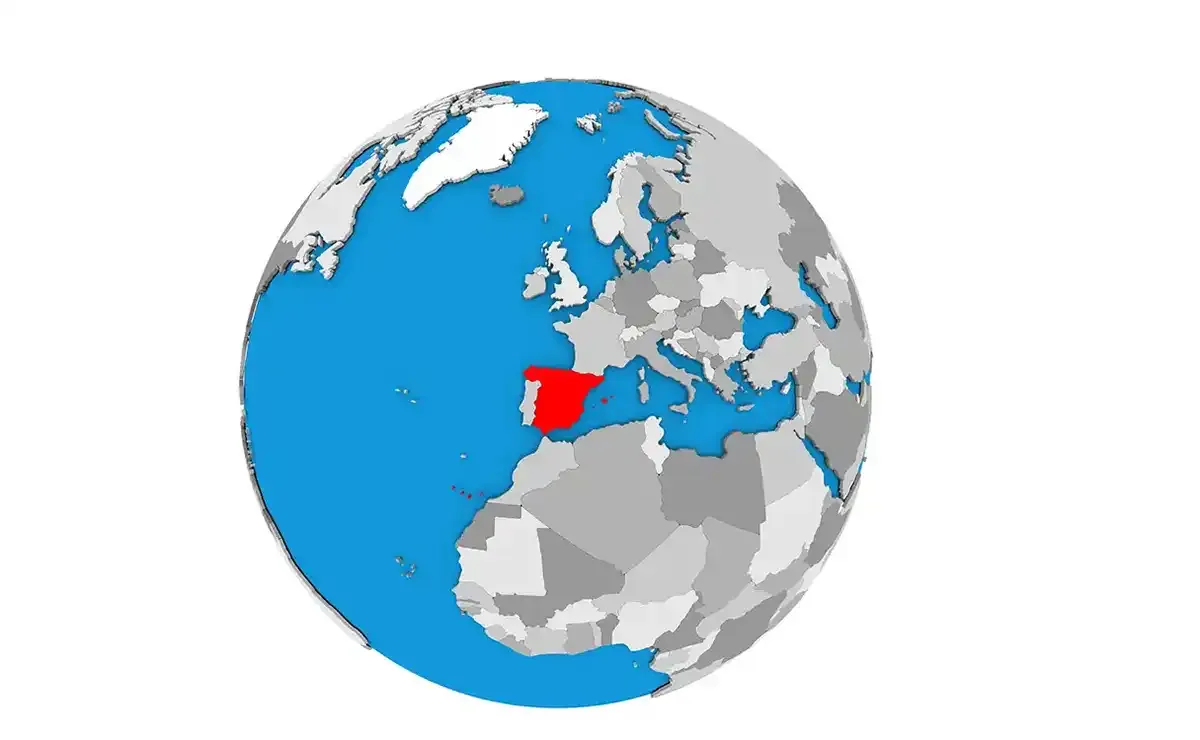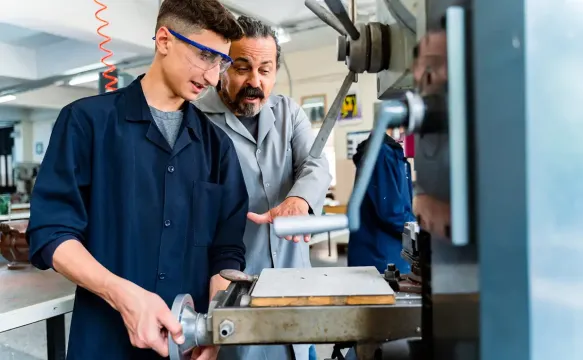España no solo ha impulsado leyes y planes nacionales, también ha logrado que la ONU y la Unión Europea reconozcan este modelo como pieza clave de un desarrollo más justo y sostenible. El punto de partida lo debemos buscar en 2011, cuando España se convirtió en uno de los primeros países en aprobar una ley integral de economía social. Esa norma dio seguridad jurídica a un sector diverso –cooperativas, sociedades laborales, mutualidades, fundaciones– y lo proyectó hacia un crecimiento que hoy representa alrededor del 10% del PIB y hasta el 12,5%
To speak of Spain's role in the social economy is to speak of a well-established track record: pioneering laws, national strategies, European alliances and international agreements. A virtuous circle in which the local feeds the global, and the global reinforces the local.
Spain has not only sponsored national legislation and plans but has also managed to get the UN and the European Union to recognise this model as a key element of a fairer and more sustainable development. The starting point dates back to 2011, when Spain became one of the first countries to approve a comprehensive social economy law. This legislation provided a very diverse sector -cooperatives, worker-owned companies, mutual societies, foundations- with secure legal grounds to build on, helping to drive it towards a level of growth that today represents around 10% of GDP and up to 12.5% of all jobs.
The way this model translates into tangible realities is particularly noteworthy: less job insecurity, more inclusion of women over 45 or people with disabilities, a gender pay gap eight points lower than the overall average and a strong presence in rural areas. In other words: while other sectors concentrate their activity in large cities, the social economy is a driving force supporting territorial cohesion and the battle against rural population loss.
From local to global
The real leap forward in this process came when Spain used its internal experience as leverage to gain influence in international forums. In 2023, the UN General Assembly approved the first resolution in its history dedicated to the social and solidarity economy. Spain was behind this initiative, forming alliances with European and Latin American countries and presenting proof of the success of its own model.
That same year, during the Spanish presidency of the European Union, another milestone was reached: the Council adopted for the first time a Recommendation for all Member States to create favourable conditions for the social economy. A political victory that reflects how the voice of Spain has been able to foster consensus in Brussels.
This is not a coincidence. Spanish diplomacy has been able to establish its leadership with clear messages: the social economy is a "vaccine against inequality" and a tool to make progress towards the Sustainable Development Goals of the 2030 Agenda.
The stories that grant credibility
Spain's role wouldn’t make sense without the success stories that support that discourse. Mondragón is probably the most cited example: cooperatives that are among the largest in the world, renewable energy projects such as Ekian and a foundation that improves the lives of thousands of people in Africa and Latin America.
Eroski, for its part, has made the fight against food waste and the installation of electric vehicle charging points its hallmark. And organisations such as AERESS and AEDIS are proof that the social economy doesn’t just produce, it also includes: from jobs for vulnerable groups to reuse and recycling programmes with a positive environmental impact.
These examples are the best "proof of concept": evidence that Spain can present when it asks the UN or the EU to put the social economy on the agenda.
The next meeting will be in Murcia in 2025, with the European Social Economy Summit. This is yet another opportunity to establish Spain’s role as a leader in this field. However, beyond the summits, the essential thing is that Spain has proven that it is possible to grow while generating wealth and, at the same time, bolstering rights, cohesion and sustainability. This is the roadmap that Spain is sharing with the world.


